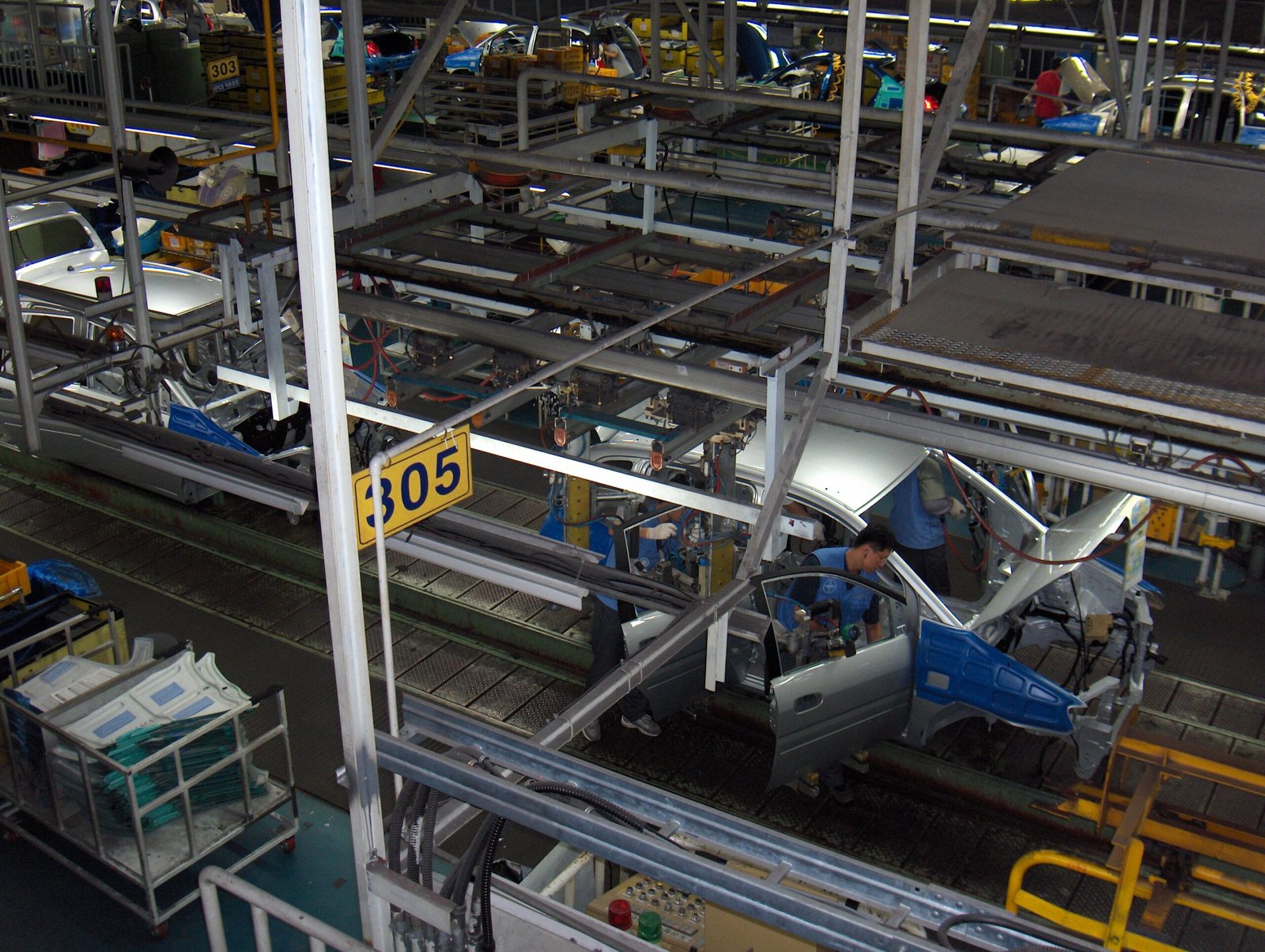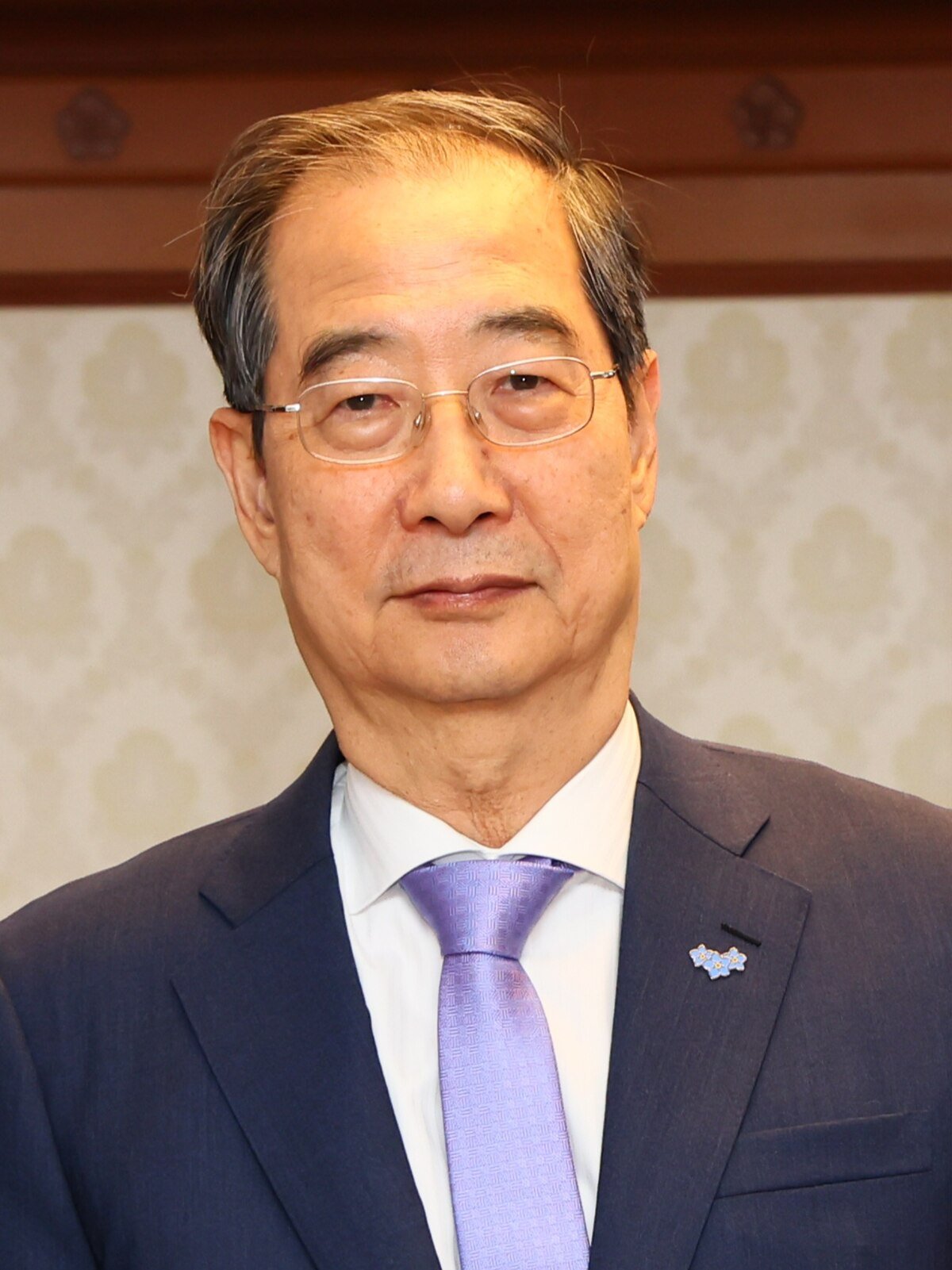
Choi Ye-bin, a 27-year-old event director, has been keeping a household ledger for four years. She started the habit as she felt a gap between the perceived and actual amount she was spending.
Housing costs and food expenses, including dining out, account for an overwhelming proportion of her spending. Recently, she has strongly felt the increase in dining out expenses.
“When I don’t have a scheduled appointment, I try not to eat out. If I have two appointments in a week, I see it as a red flag and adjust accordingly,” Choi said to The Korea Times.
Like Choi, an increasing number of young Koreans are shifting their spending habits toward frugality.
Over the past decade, the dominant trend has been the “YOLO” (You Only Live Once) lifestyle, where people prioritize immediate happiness over investing in an uncertain future. This trend has also been significantly influenced by the rise in single-person households.
However, the spending party has come to an end, creating a new lifestyle of “YONO” (You Only Need One). It refers to a consumption pattern that involves reducing unnecessary spending.
“I used to feel that spending money on personal investments or enjoyment was admired by society. Nowadays, it’s clear that’s not the case,” Choi said.

“For instance, while there are still people who enjoy omakase (expensive Japanese-style chef-curated fine dining), the reactions have changed. People in their 20s became more like, ‘I’d rather spend that on something else.’ It reminds me of how the older generation reacted when young people first started enjoying that food culture.”
High inflation and low income growth rates have pushed young Koreans to spend only on essentials.
Data from Statistics Korea show that from 2021 to 2023, the inflation rate stood at 2.5 percent, 5.1 percent, and 3.6 percent, respectively. During the same time, the annual salary increases were only 2.5 percent, 0.9 percent and 1.6 percent.
Data from NH NongHyup Bank, which analyzed the credit and debit card transaction data of its card customers from Jan. 1, 2022 to June 30, 2024, shows a clear divergence.
The number of dining-out transactions for young people in their 20s and 30s decreased by 9 percent in the first half of this year compared to the same period last year. Consumption of convenience store foods increased by 21 percent instead.

The number of transactions in department stores decreased by 3 percent, and the consumption of high-priced coffee, at places like Starbucks and A Twosome Place, also decreased by 13 percent. While purchases of imported cars decreased by 11 percent, purchases of domestic cars increased by 34 percent.
“Inflation is primarily affecting the sectors where young people spend the most, leading to a direct increase in living costs for those preparing for employment or with low incomes,” the Federation of Korean Industries wrote in its research study in 2022. “Due to the ongoing job market difficulties and rising prices, young people have the highest perceived economic pain index among all age groups.”
Additionally, rising interest in asset management among young people has also played a role.
“We are the generation who should have a lifetime career where we must independently prepare for our retirement living expenses. I would prefer to use the money for investments rather than just wasting it,” Lee, a 30-year-old office worker, said.
However, the trend doesn’t mean that young people are frugal in every aspect of life, as hobby-related overseas spending has increased at the same time.






